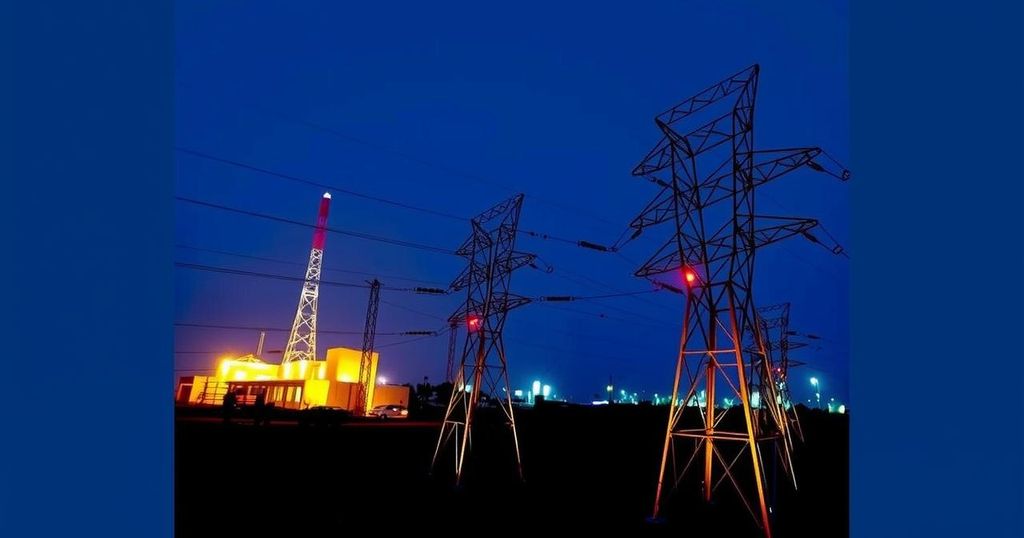Bangladesh Reduces Power Imports from Adani Power Amid Payment Disputes

Bangladesh has cut its power imports from Adani Power by 50% due to reduced winter demand and ongoing payment disputes, highlighting challenges in international power trading.
On December 3, 2024, it was reported that Bangladesh has significantly reduced its power purchases from Adani Power, cutting imports by fifty percent. This decision arises amidst a combination of declining demand during the winter season and ongoing disputes related to payments. The development highlights the complexities faced in international power trading, especially in times of fluctuating energy needs and financial negotiations.
As Bangladesh adjusts its energy strategy in response to these challenges, the reduction in imports may have implications not only for Adani Power but also for Bangladesh’s energy security and its broader economic relationships within the region. The situation is being closely monitored as it evolves, with potential impacts on future contracts and energy agreements.
Bangladesh has been sourcing power from India, primarily through Adani Power, to meet its energy needs. However, the power import dynamics have been affected by seasonal changes in energy demand and significant financial disputes over payments. Such issues illustrate the broader challenges that arise in international energy trade, particularly in regions where infrastructure and financial frameworks are still developing. Understanding these factors is crucial for analyzing the implications of Bangladesh’s recent decision to halve its imports.
In summary, Bangladesh’s decision to halve its power imports from Adani Power reflects a dual response to decreased winter energy demand and unresolved payment disputes. This action not only affects the commercial dealings between the nations involved but also raises questions about the stability and reliability of energy supplies in the region. Stakeholders in Bangladesh and India will likely be assessing the long-term impacts of this development on future energy trade agreements.
Original Source: www.hindustantimes.com







